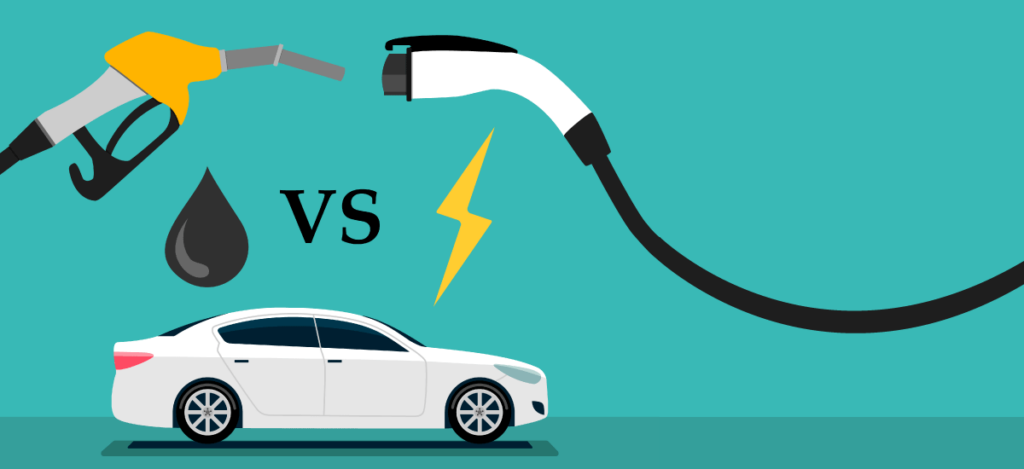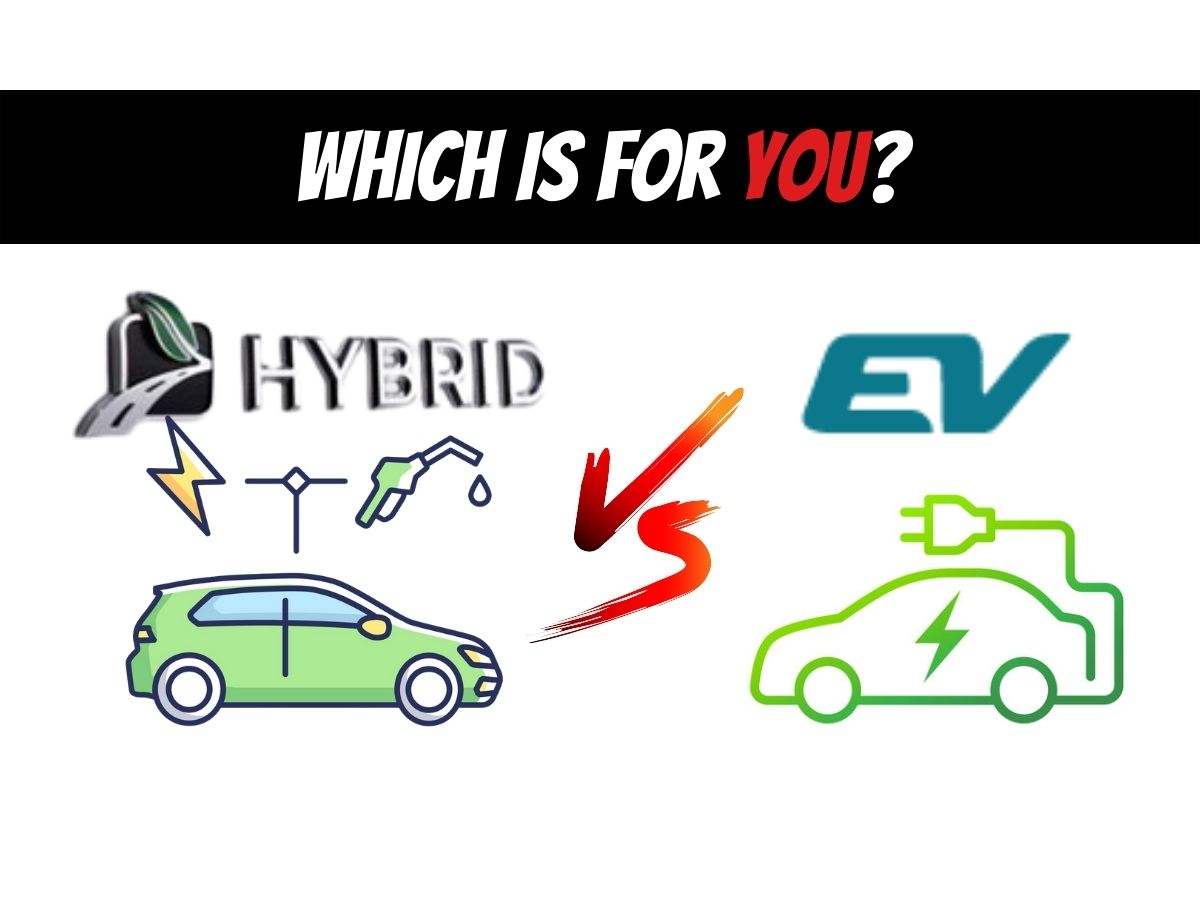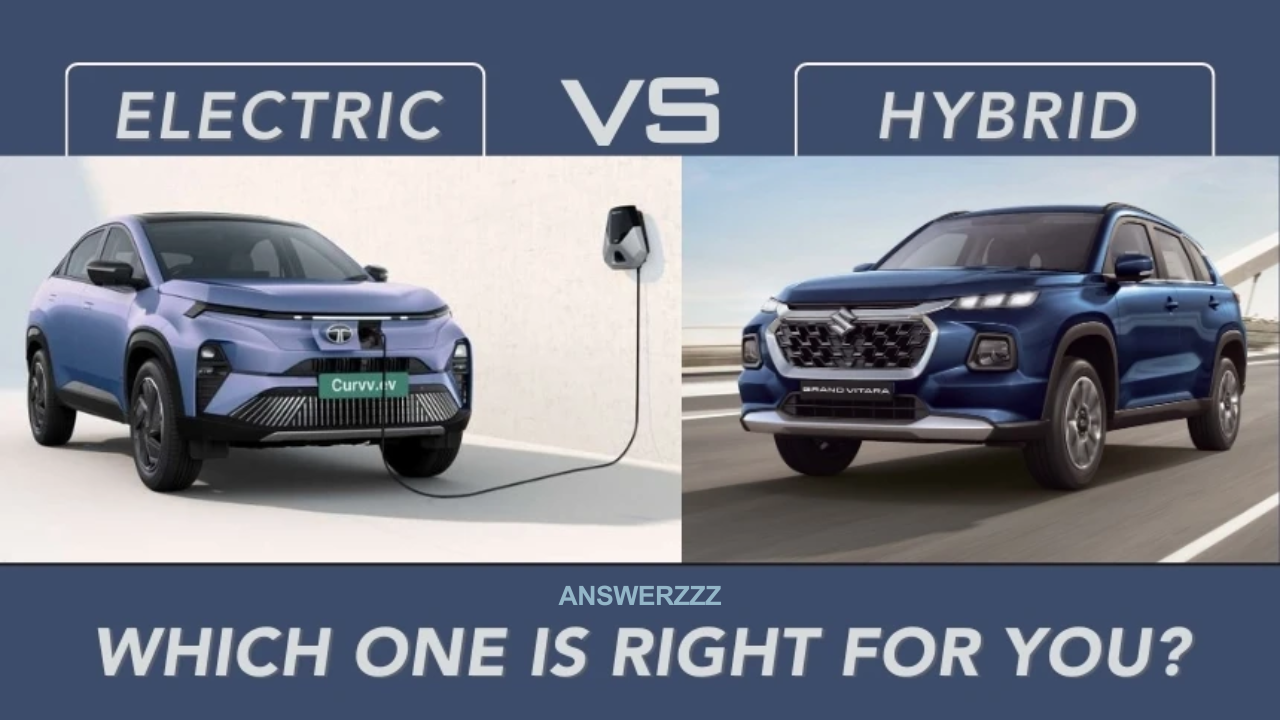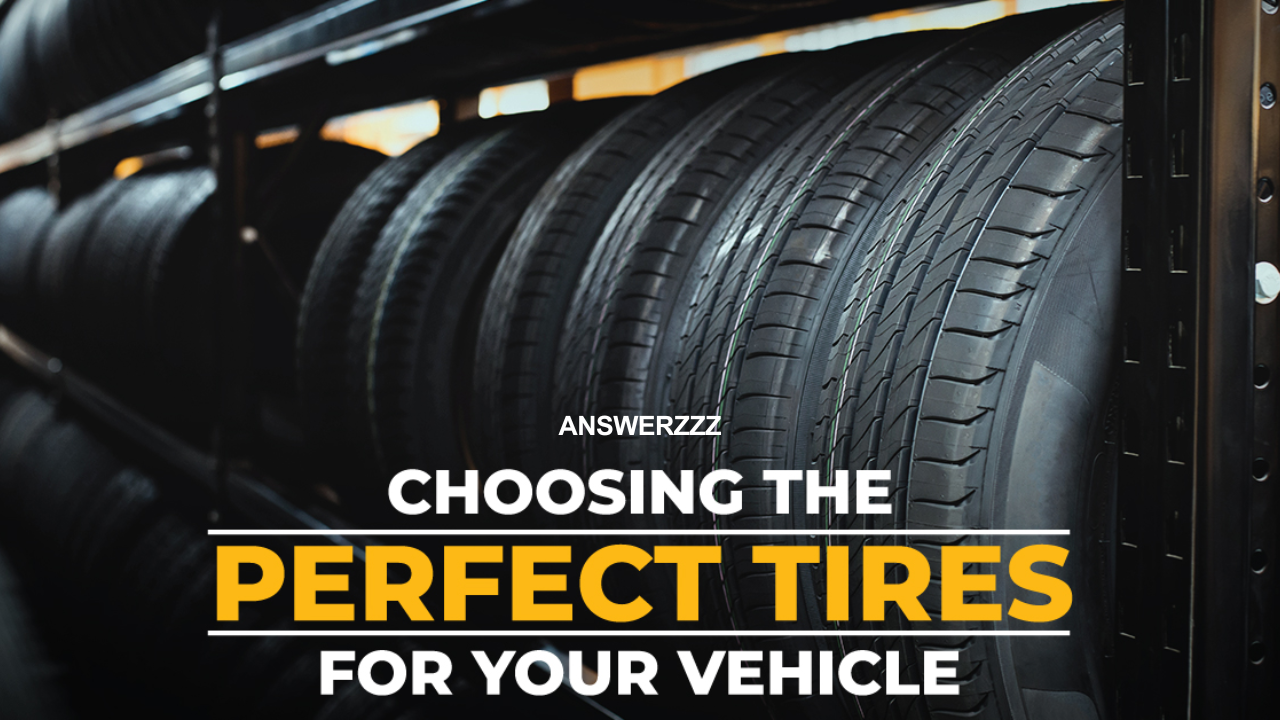As the world continues to transition toward more sustainable and eco-friendly transportation options, hybrid and electric cars have taken center stage. Both types of vehicles offer significant benefits, but they cater to different needs and lifestyles. If you’re considering making the switch from a traditional gasoline-powered car, you may be wondering which option is better suited for you. In this article, we’ll dive deep into the pros, cons, costs, environmental impact, and other factors of hybrid and electric cars to help you make an informed decision.
Understanding Hybrid and Electric Cars
Before we compare these vehicles, let’s start with a basic understanding of what hybrid and electric cars are and how they work.
What Are Hybrid Cars?
Hybrid cars use a combination of a gasoline engine and an electric motor. There are three main types of hybrid vehicles:
- Full Hybrids (HEVs): These vehicles can run on just the gasoline engine, the electric motor, or a combination of both. Popular models include the Toyota Prius and Honda Accord Hybrid.
- Plug-in Hybrids (PHEVs): These hybrids have larger batteries that can be charged by plugging them into an external power source. They can run for a longer distance purely on electric power compared to HEVs. Examples include the Toyota RAV4 Prime and the Ford Escape Plug-In Hybrid.
- Mild Hybrids: These vehicles primarily use the gasoline engine but use the electric motor to assist with tasks like acceleration and idle stop-start functions. Examples include the Honda Insight and some configurations of the Audi A6.

What Are Electric Cars?
Electric cars (EVs) are powered entirely by electricity stored in a large battery pack. Unlike hybrids, they don’t use any gasoline or have internal combustion engines. There are two main types:
- Battery Electric Vehicles (BEVs): These are fully electric vehicles that rely solely on batteries for propulsion. Examples include the Tesla Model 3, Nissan Leaf, and Chevrolet Bolt.
- Fuel Cell Electric Vehicles (FCEVs): These use hydrogen to produce electricity to power the vehicle’s motor. While technically electric, they operate differently from BEVs. Examples include the Toyota Mirai and Hyundai Nexo.
Key Differences Between Hybrid and Electric Cars
1. Fuel and Energy Source
- Hybrids: Use a mix of gasoline and electricity. While full hybrids don’t need to be plugged in, plug-in hybrids (PHEVs) do.
- Electric Cars: Run solely on electricity and require charging from an external power source.
2. Range
- Hybrids: Offer the flexibility of gasoline and electricity, providing a longer combined range. For example, the Toyota Prius Prime has an electric range of 25 miles but can go over 600 miles when combined with its gasoline engine.
- Electric Cars: Typically have ranges between 150-500 miles per charge, depending on the model and battery capacity. The Tesla Model S, for instance, can travel up to 405 miles on a single charge.
3. Charging and Refueling
- Hybrids: Gasoline can be refilled at any station, and plug-in hybrids can be charged at home or public stations.
- Electric Cars: Require charging at home or public stations, which can take anywhere from 30 minutes (fast chargers) to 12 hours (standard home chargers).
4. Emissions
- Hybrids: Emit less CO2 than traditional gasoline cars, but still produce emissions from the gasoline engine.
- Electric Cars: Have zero tailpipe emissions, making them more eco-friendly.
5. Cost
- Hybrids: Generally more affordable upfront compared to electric cars but still costlier than gasoline-only vehicles.
- Electric Cars: Typically have a higher upfront cost, although tax incentives and rebates can offset this expense.
Pros and Cons of Hybrid Cars
Pros:
- Extended Range: Hybrids offer a longer range by combining gasoline and electricity, making them ideal for long-distance travelers.
- Lower Fuel Costs: Improved fuel efficiency reduces gasoline expenses.
- Versatility: No range anxiety due to the gasoline backup.
- Wide Availability: Many automakers offer hybrid versions of popular models.
- Reduced Emissions: Better for the environment than traditional cars.
Cons:
- Complexity: Dual systems (gasoline and electric) can lead to higher maintenance costs.
- Less Efficient on Short Trips: The gasoline engine may kick in even for short distances.
- Battery Limitations: PHEVs have a limited electric-only range.
- Higher Initial Cost: More expensive than conventional gasoline cars.
Pros and Cons of Electric Cars

Pros:
- Eco-Friendly: Zero tailpipe emissions contribute to cleaner air.
- Lower Operating Costs: Electricity is generally cheaper than gasoline, and EVs require less maintenance (no oil changes, fewer moving parts).
- Smooth Driving Experience: Instant torque and quiet operation make EVs fun and comfortable to drive.
- Tax Incentives: Many governments offer incentives for EV buyers.
- Innovative Technology: EVs often come with advanced features, such as over-the-air software updates and autopilot systems.
Cons:
- Range Anxiety: Limited range can be a concern for long trips.
- Charging Infrastructure: Charging stations are not as widespread as gas stations, especially in rural areas.
- Charging Time: Recharging takes significantly longer than refueling with gasoline.
- Higher Upfront Cost: Even with incentives, EVs are often more expensive initially.
- Battery Degradation: Over time, the battery may lose capacity, reducing range.
Cost Comparison
Upfront Costs
- Hybrid Cars: Start at around $25,000-$30,000 for basic models.
- Electric Cars: Typically range from $30,000-$60,000, although luxury EVs can exceed $100,000.
Operating Costs
- Hybrids: Gasoline costs are reduced but not eliminated. Maintenance costs are moderate.
- Electric Cars: Electricity costs are lower than gasoline, and maintenance is minimal since there’s no engine or exhaust system.
Incentives and Rebates
Many governments offer incentives to encourage eco-friendly car purchases. For example:
- The U.S. federal tax credit for EVs can be up to $7,500 (depending on the manufacturer and model).
- Some states and countries offer additional rebates for EV and PHEV buyers.
Environmental Impact
Hybrid Cars
Hybrids produce fewer greenhouse gas emissions than traditional cars but still rely on fossil fuels. They’re a good middle ground for those who want to reduce their carbon footprint without fully committing to electric.
Electric Cars
EVs have zero tailpipe emissions, but their environmental impact depends on how the electricity is generated. In regions where electricity comes from renewable sources, EVs are significantly cleaner than hybrids.
Lifestyle Considerations
When to Choose a Hybrid
- Long Commutes: Hybrids are ideal if you frequently travel long distances and don’t want to worry about charging.
- Limited Charging Infrastructure: If you live in an area with few charging stations, hybrids offer greater convenience.
- Moderate Budget: Hybrids are generally more affordable than EVs, especially if you’re not eligible for incentives.
When to Choose an Electric Car
- Short Daily Drives: EVs are perfect for city driving or short commutes.
- Access to Charging: If you have a home charger or live near public charging stations, an EV can fit seamlessly into your life.
- Eco-Conscious Lifestyle: If reducing your carbon footprint is a priority, EVs are the clear winner.
- Willingness to Invest: If you’re prepared to pay more upfront for long-term savings, an EV is a great choice.
Future Trends
The Rise of EVs
Governments and automakers are heavily investing in EV technology and infrastructure. By 2030, many countries plan to phase out the sale of gasoline and diesel vehicles entirely. EVs are expected to dominate the market as battery technology improves and charging networks expand.
Hybrids as a Transitional Step
While hybrids may eventually be phased out in favor of fully electric vehicles, they remain a practical option for the current transition period. For those hesitant to go fully electric, hybrids provide a stepping stone.
Final Thoughts
The choice between a hybrid and an electric car ultimately depends on your personal needs, lifestyle, and priorities. Hybrids offer the flexibility of gasoline and electric power, making them suitable for long-distance travel and areas with limited charging infrastructure. On the other hand, electric cars are the best option for eco-conscious drivers who want to embrace the future of transportation and can accommodate charging requirements.
Take time to evaluate your driving habits, budget, and access to charging facilities before making a decision. Whether you choose a hybrid or an electric car, both options represent a step toward a greener and more sustainable future.




